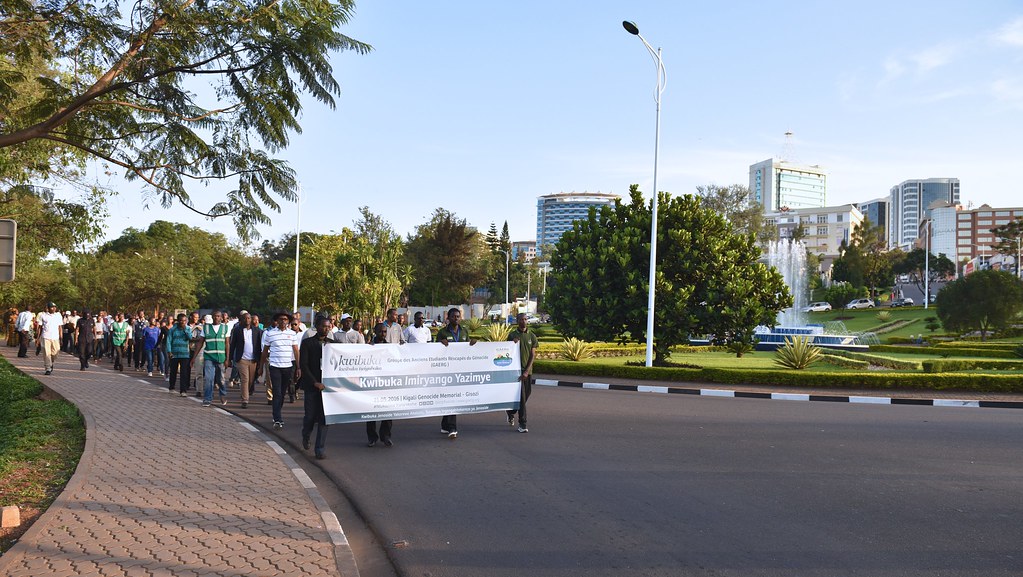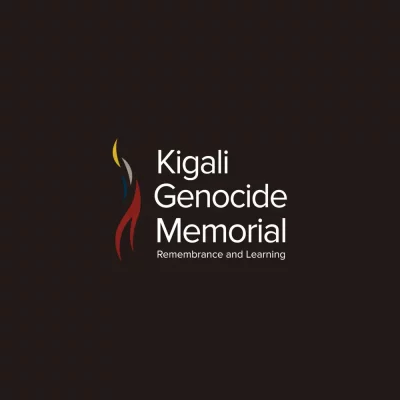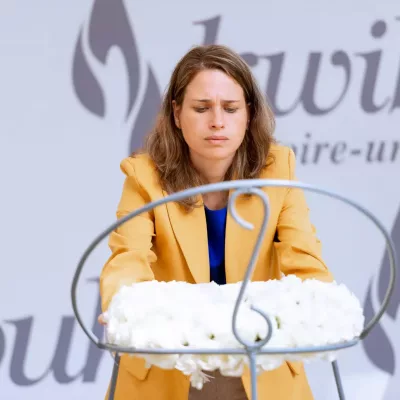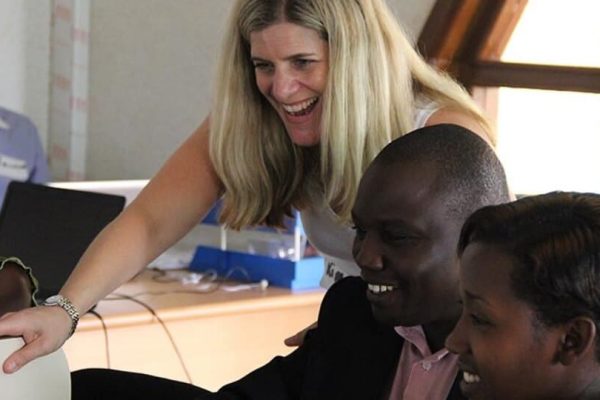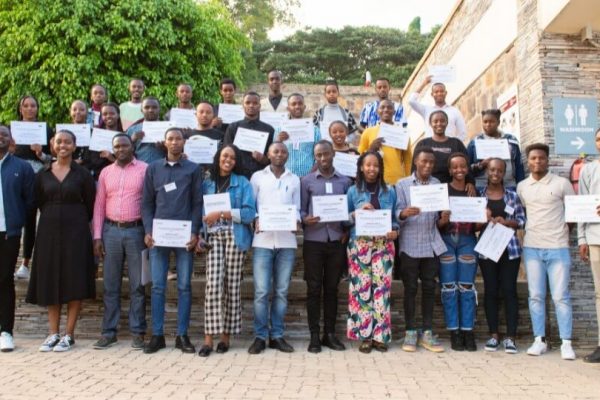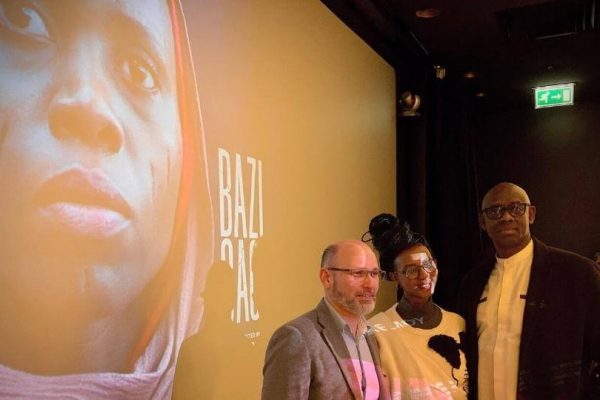On Saturday May 21, members and friends of the Group of College Graduates and Survivors of the Genocide (GAERG) visited the Kigali Genocide Memorial to remember their families that were completely wiped out during the 1994 Genocide against the Tutsi in Rwanda. Also attending this commemorative event was the Minister of sports and culture, Julienne Uwacu, Governor of the Southern Province, Alphonse Munyantwari, and the Executive Secretary of the Gisozi Sector, Theophile Niragire.
The event began with a remembrance walk for the victims of the Genocide from the Roman Catholic Church in Kigali City center, Saint Famille, to the Kigali Genocide Memorial. Upon arrival at the memorial, the group, led by the Minister Julienne Uwacu, proceeded to the lay wreaths on the mass graves, which are the final resting place for over 250,000 victims of the 1994 Genocide in Rwanda. The group spent the night at the memorial sharing individual experiences among the members and honouring the memories of their loved ones.
“We are gathered here to remember the wiped out families. This is not a favor we are giving them, but rather taking responsibility to remember them, and remember the consequences of our tragic history. In remembering, we can move forward and keep on living our lives and making them proud by doing the best that we can to prevent Genocide ideology for our future generations.” Charles Habonimana, President of GAERG.
“I we do not make it our responsibility to remember our lost friends and families, their memories could be wiped out. Remembering them reminds us that the Genocide did indeed happen, and that we must prevent anything like it to ever happen again; we must fight Genocide ideology.” Julienne Uwacu, Minister of Sports and Culture.
About GAERG and AERG:
GAERG – (Groupe des Anciens Elèves et Etudiants Rescapés du Génocide) was created in September 2003, as former Members of AERG – (Association des Elèves et Etudiants Rescapés du Génocide)that was created in 1996, were graduating from universities and higher learning institutions.
GAERG is a non-profit organization that supports graduate students who were the sole survivors in their families as a result of the Genocide. GAERG also support and conducts research efforts to identify victims, survivors, completely wiped out families, and to gather up information about their origins and backgrounds. So far, 6 914 perished families, consisting of 30 618 members, from 14 districts have been identified.

